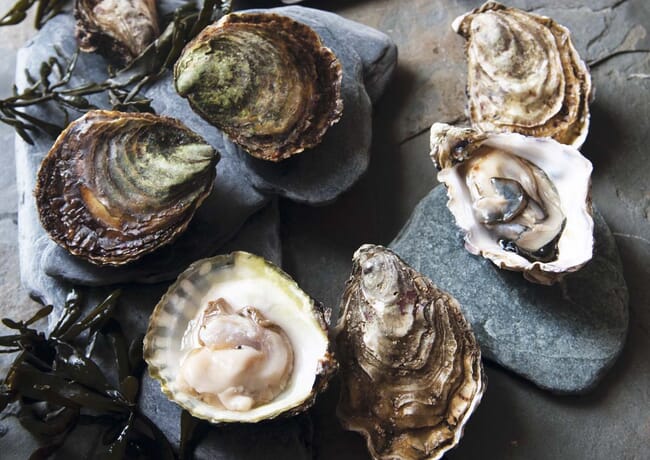This is the first time the FAO has designated a Reference Centre in this area, providing a strong and independent recognition of UK expertise and leadership. The Reference Centre will help to support the FAO vision for a globally unified system for shellfish safety, recognising the importance of both wild caught and aquaculture production in global food security and future trade.

Ian Boyd, Defra’s Chief Scientific Advisor, said: “High standards in animal, environmental and public health depend on continuous vigilance based on the world-leading science carried out by Defra. Formal recognition of reference laboratory status means Defra’s science is among the very best in the world”.
The Food Standards Agency (FSA) works closely with Cefas on shellfish hygiene and supported their application to the FAO. The FAO designation is recognition of the important work Cefas carries out to protect consumers and support the shellfish industry.
Steve Wearne, FSA Director of Science and Vice-Chair of the FAO’s Codex Alimentarius Commission said: “Investing in this level of trusted science and research is essential to producing food we can trust. We’re committed to working with Cefas to ensure shellfish is safe and sustainable in the UK and globally.”
The prestigious international designation follows an evaluation of the scientific, technical and policy capability and expertise at Cefas, in addition to a commitment to continued capacity development in this area. The award recognises Cefas as world experts in this area and acknowledges the high scientific standards and years of expertise in the centre. In the letter of award, Árni M Mathiesen, Assistant Director-General, Fisheries and Aquaculture Department, praised the scientific and policy standing of Cefas and its commitment to areas relevant to the FAO’s mandate.
Dr Rachel Hartnell, Cefas lead for the new centre, said: “This is excellent news for Cefas scientists and for UK science in general. Bivalve shellfish play a very important role in global food security but can sometimes pose risks to the consumer. This designation gives us a fantastic platform to work internationally and to use our experience of delivering reference laboratories within the EU, to assist FAO member countries globally with the aim of improving shellfish safety for all.”



